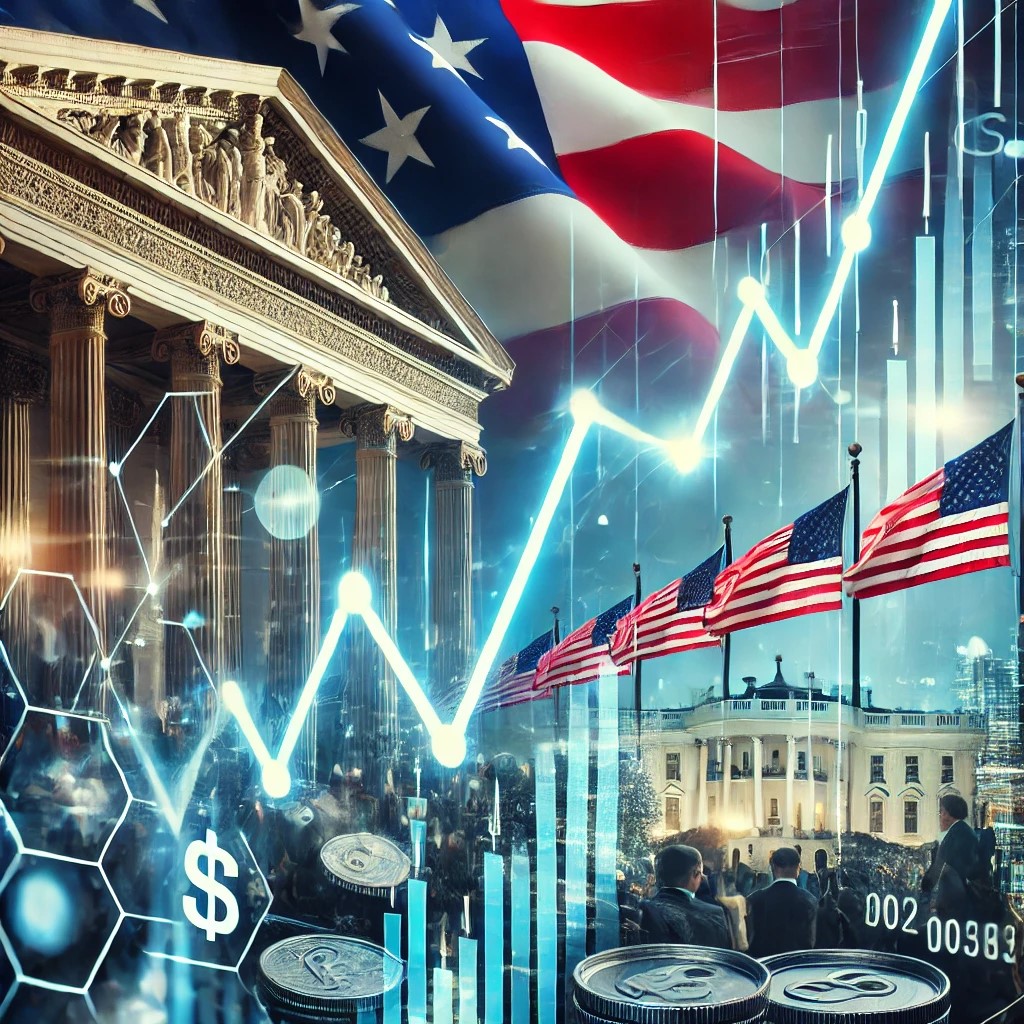Financial technology, or fintech, is reshaping the landscape of global trade. By integrating advanced technologies into financial services, fintech is making cross-border transactions more efficient, transparent, and accessible. This article explores current trends in fintech and its impact on global trade, along with future predictions for how this relationship will evolve.

Current Trends in Fintech and Global Trade
Digital Payment Solutions: One of the most significant contributions of fintech to global trade is the development of digital payment solutions. Platforms like PayPal, Stripe, and Alipay enable businesses and consumers to conduct transactions across borders swiftly and securely. These platforms reduce the reliance on traditional banking systems, lower transaction costs, and offer real-time payment processing, enhancing the efficiency of global trade.
Blockchain Technology: Blockchain technology is revolutionizing global trade by providing a decentralized and transparent ledger for transactions. This technology ensures the security and integrity of trade data, reducing the risk of fraud and errors. Smart contracts, powered by blockchain, automate and streamline trade processes, ensuring compliance and minimizing delays.
Trade Finance Innovations: Fintech companies are introducing innovative trade finance solutions that address the liquidity needs of businesses engaged in international trade. Supply chain financing, invoice factoring, and digital letters of credit are some of the fintech-driven tools that provide working capital to exporters and importers, facilitating smoother trade flows.

Enhanced Supply Chain Management: Fintech is enhancing supply chain management through real-time tracking and data analytics. Platforms that integrate fintech solutions allow businesses to monitor their supply chains, predict disruptions, and optimize logistics. This visibility and control over the supply chain are crucial for maintaining the efficiency and reliability of global trade operations.
Future Predictions for Fintech in Global Trade
Increased Adoption of Digital Currencies: The use of digital currencies, such as central bank digital currencies (CBDCs) and stablecoins, is expected to rise. These currencies offer the potential for faster and more secure cross-border transactions. Governments and financial institutions will likely adopt and regulate digital currencies, making them a standard in global trade.
Expansion of Blockchain Applications: Beyond payments and smart contracts, blockchain technology will find broader applications in global trade. This includes digital identity verification, customs documentation, and trade finance. Blockchain’s ability to create an immutable record of transactions will enhance trust and efficiency in international trade networks.

AI-Driven Trade Analytics: Artificial intelligence will play a more prominent role in global trade by providing advanced analytics and predictive insights. AI-driven tools will help businesses forecast demand, optimize pricing strategies, and manage risks more effectively. These capabilities will enable companies to make data-driven decisions and stay competitive in the global market.
In conclusion, fintech is playing a pivotal role in enhancing global trade by introducing innovative solutions that streamline processes, reduce costs, and increase transparency. As technology continues to advance, the impact of fintech on global trade will only grow, driving further efficiencies and creating new opportunities for businesses worldwide. Embracing these fintech advancements will be essential for companies looking to thrive in the increasingly interconnected global economy.




